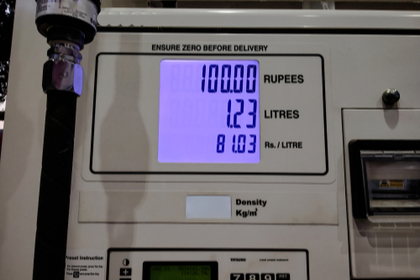 Courtesy: Shutterstock
Courtesy: Shutterstock
The government’s short-term approach to tax planning brings in immediate revenues but has the long-term downfall of driving away business, and encouraging tax evasion. No country has taxed its way to prosperity and India is no exception.
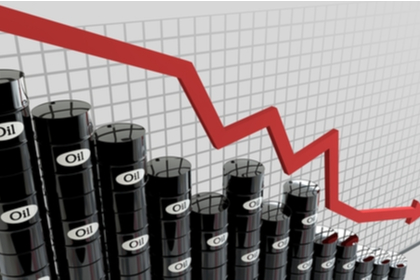 Courtesy: Shutterstock
Courtesy: Shutterstock
The OPEC’s proposed cut in oil production earlier this week may not enable the energy market to recover. Recovery is likely only after COVID-19 is brought under control, but there are ways India can capitalise on the current low oil prices for its own energy security
 Courtesy: Shutterstock
Courtesy: Shutterstock
The Coronavirus pandemic has caused crude oil prices to crash almost 40% even as Saudi Arabia and Russia pump more oil into the market. Fears are rife that this crisis will hit demand. There are repercussions on the U.S., the world’s top oil producer, on India, one of its new clients, and on the Gulf Cooperation Council countries
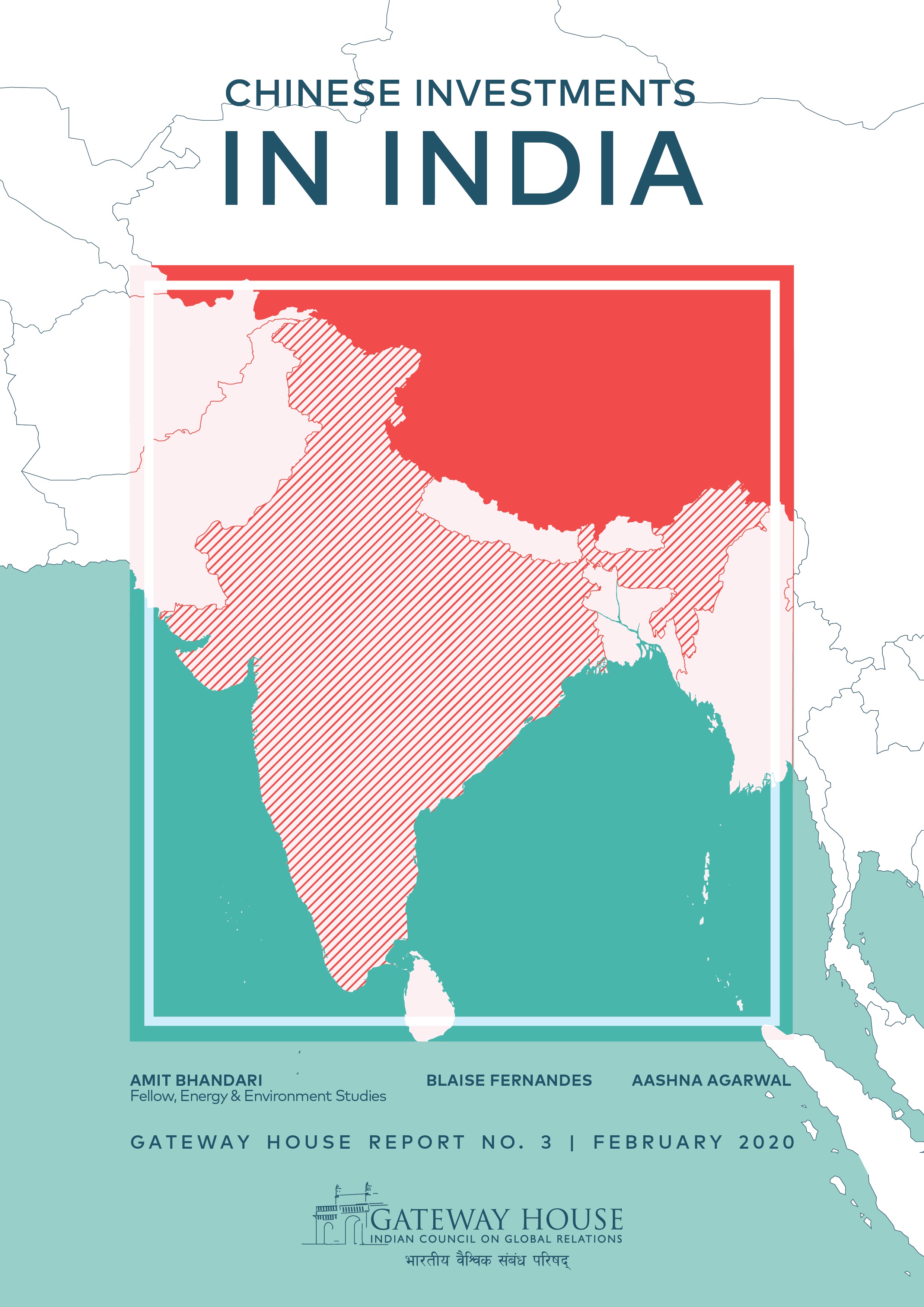 Courtesy: Gateway House
Courtesy: Gateway House
Over the last five years, China has quietly created a significant place for itself in India – in the technology domain. While India has refused to sign on to China's Belt and Road Initiative (BRI), this report shows India's positioning in the virtual BRI to be strategically invaluable for China. Nearly $4 billion in venture investments in start-ups, the online ecosystem and apps have been made by Chinese entities. This is just the beginning; there is more to come.
 Courtesy: Shutterstock
Courtesy: Shutterstock
U.S. President Donald Trump's recent visit to India gave a boost to bilateral energy ties. To really benefit, India’s state-owned oil companies should consider investing in U.S. shale oil. The U.S. is politically and economically stable and investors are not subject to arbitrary action. Indian companies should only be financial investors, not operators of assets, and bet on companies with manageable debt and efficient operations rather than short-term winners
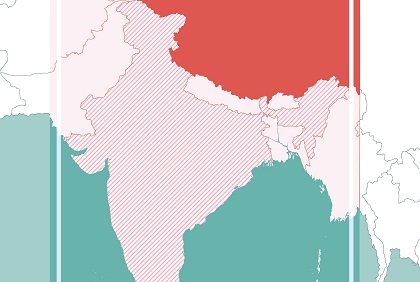 Courtesy: Gateway House
Courtesy: Gateway House
Over the last five years, China has quietly created a significant place for itself in India – in the technology domain. While India has refused to sign on to China's Belt and Road Initiative (BRI), this map shows India's positioning in the virtual BRI to be strategically invaluable for China. Nearly $4 billion in venture investments in start-ups, the online ecosystem and apps have been made by Chinese entities. This is just the beginning; there is much more to come.
 Courtesy: Shutterstock
Courtesy: Shutterstock
China’s clean-up of its cities and its success in improving urban air quality hold important lessons for India. But the outbreak of the corona virus and reports that news about it was initially suppressed tell a different story. While physical infrastructure is important, equally vital are a free media and an open society, where people are not afraid to speak
 Courtesy: MEA/Flickr
Courtesy: MEA/Flickr
Iran’s foreign minister Javad Zarif was in Mumbai on 16-17 January 2020, just days after the Iran-U.S. showdown in Iraq and the assassination of Iran’s top general. Zarif explained Iran’s dilemma to audiences in India and was hoping for public support. But the fact is that the January tensions are not Iran’s problem alone; it’s a global game-changer that has propelled the formation of new alliances
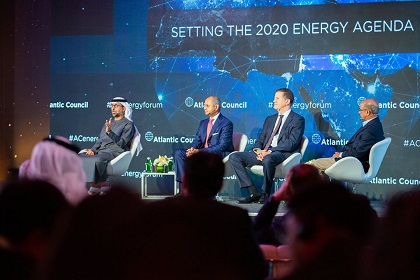 Courtesy: Atlantic Council
Courtesy: Atlantic Council
The Atlantic Council Global Energy Forum, held in Abu Dhabi on 10-12 January 2020, had the top businesses and analysts of the global energy industry. It was also part of a larger event, the annual Abu Dhabi Sustainability Week, which aims to be a global platform for sustainability in various industries
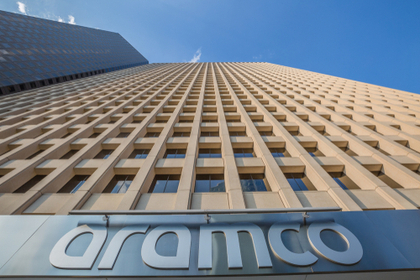 Courtesy: Shutterstock
Courtesy: Shutterstock
The rise in Saudi Aramco’s stock price within two days of its IPO in November 2019, has taken the company’s market value past the $2-trillion mark. This valuation should not be taken at face value for the offering is miniscule, and closely linked to the ruler's prestige rather than stock market fundamentals












